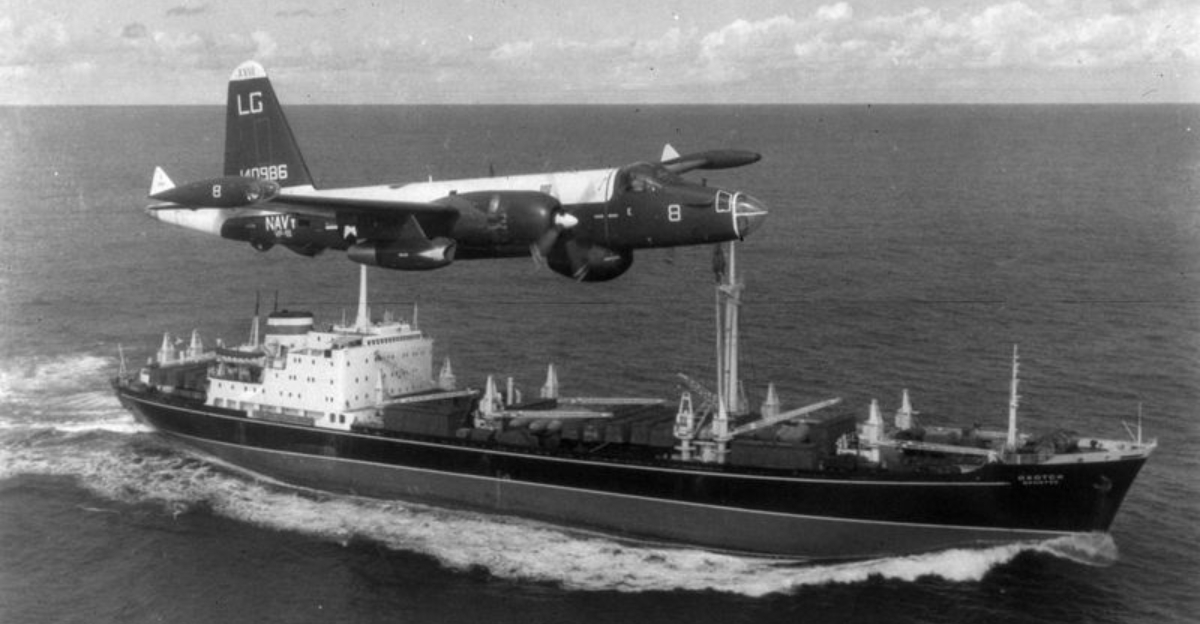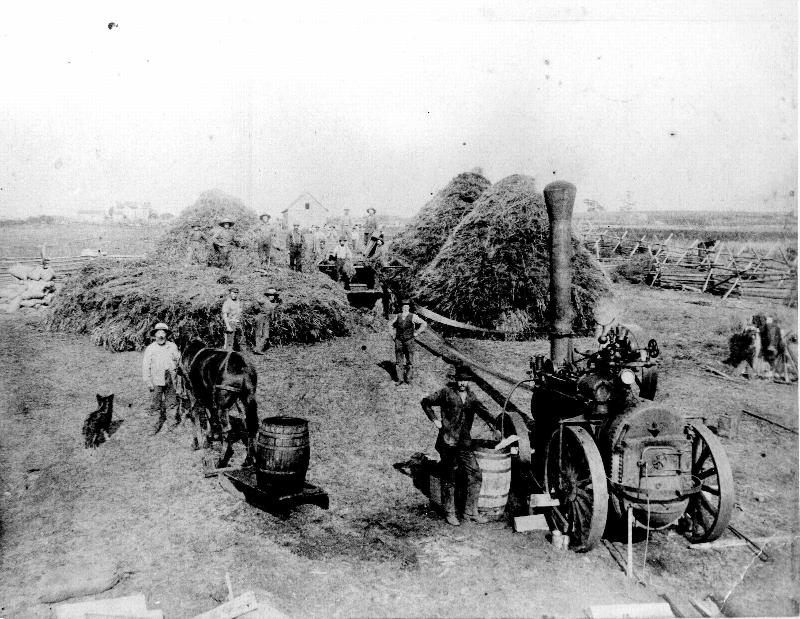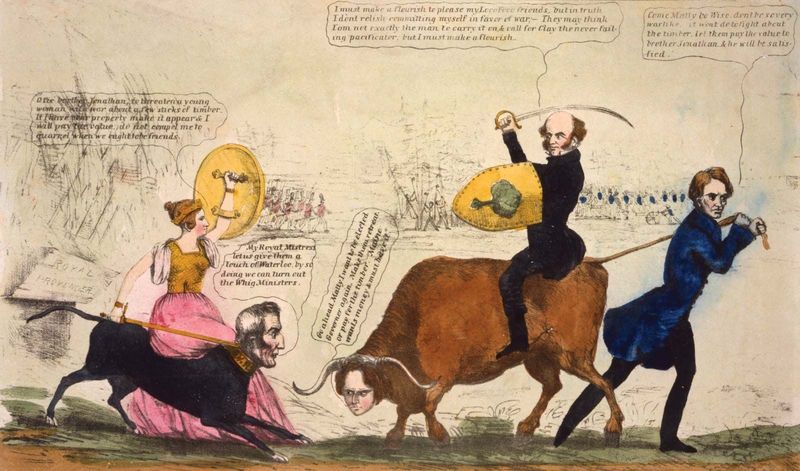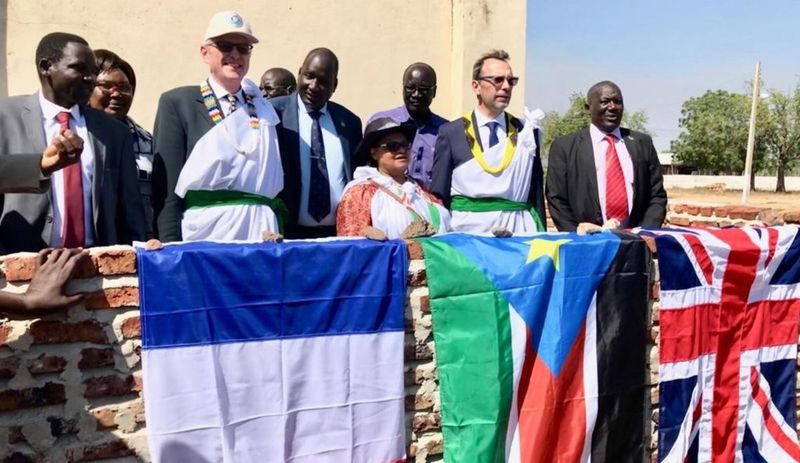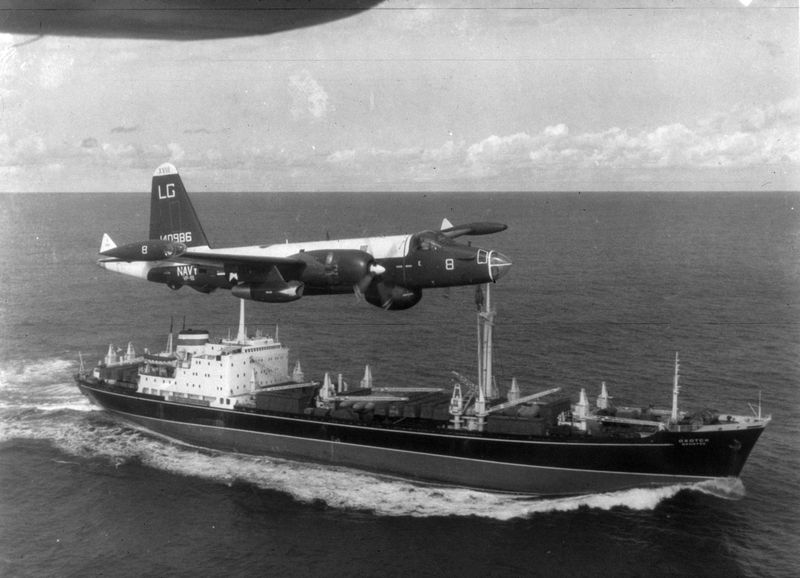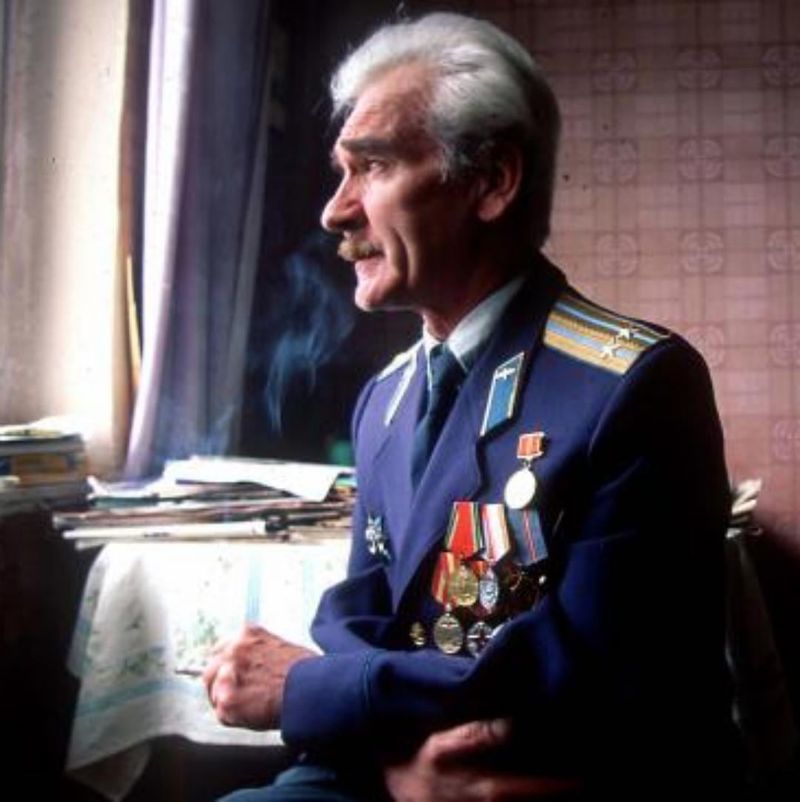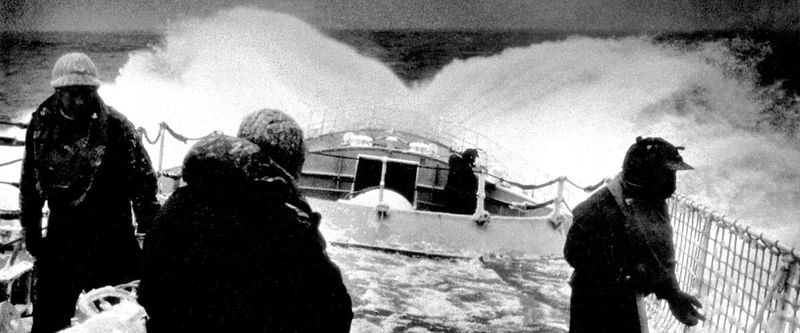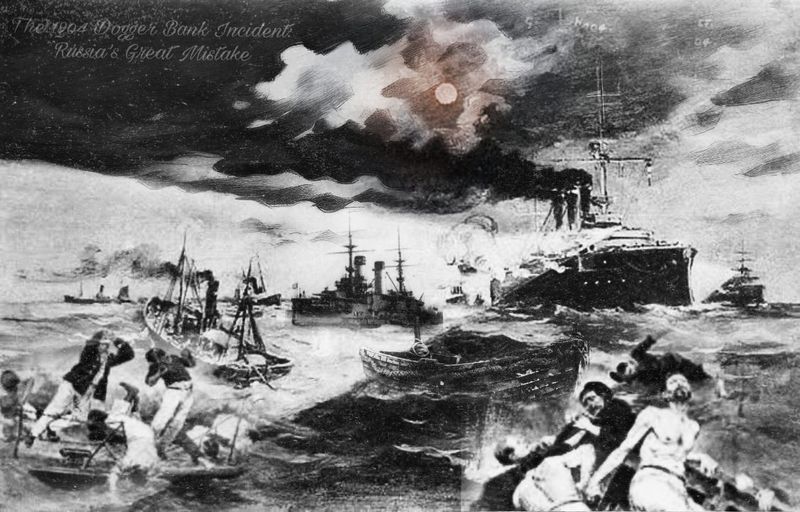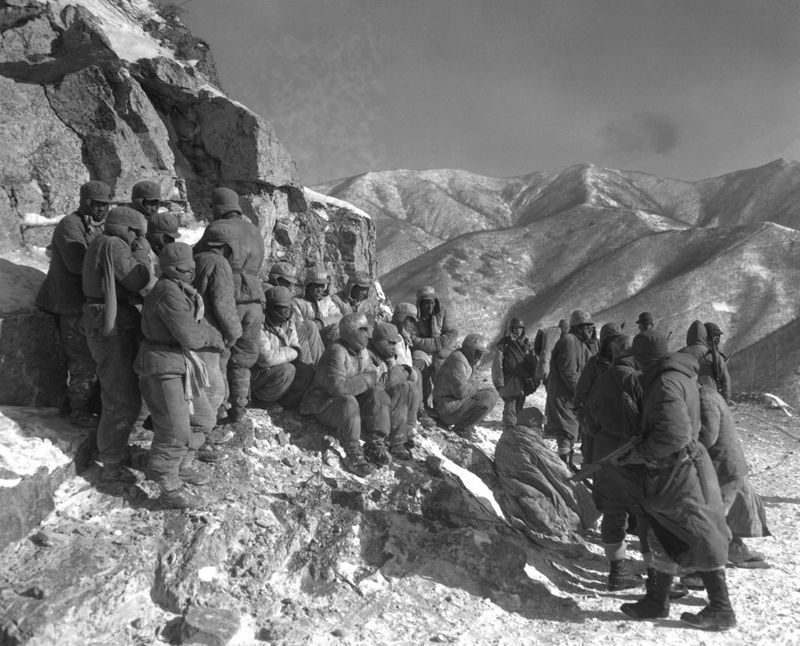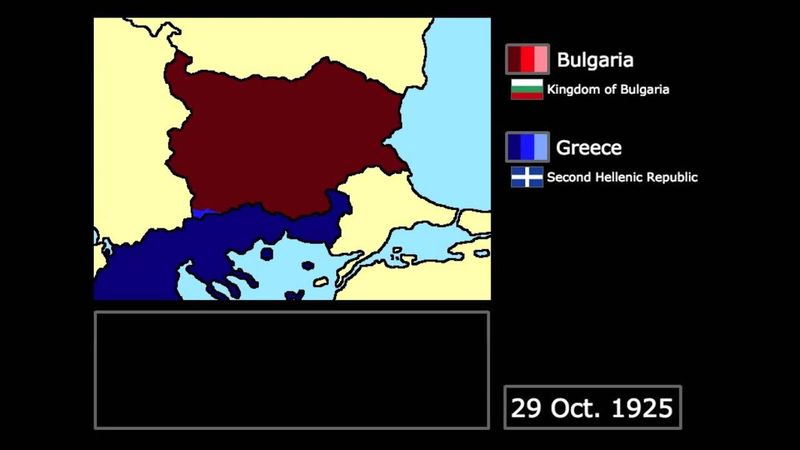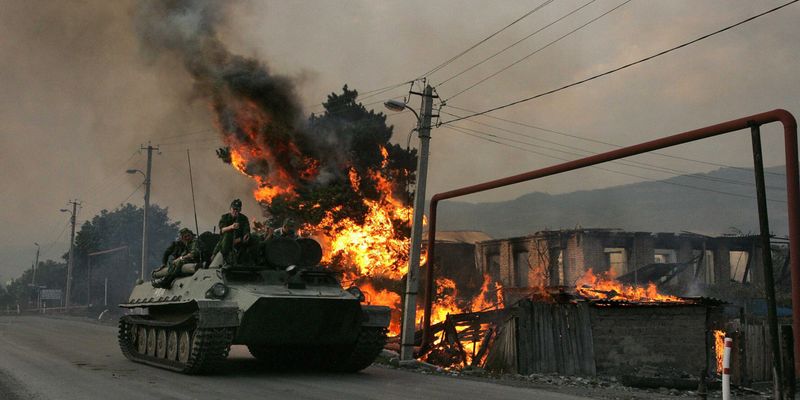History is filled with moments where tensions soared, armies mobilized, and war seemed imminent. Remarkably, these near-conflicts were averted at the last moment, showcasing the power of diplomacy and cooler heads. Here are ten instances where the world teetered on the brink of war, only to step back from the abyss.
1. The Pig War (1859) – USA vs. Britain
In the summer of 1859, a seemingly trivial incident nearly led to a war between the United States and Britain. An American farmer shot a pig owned by a British resident on San Juan Island, which was a disputed territory. Tempers flared and troops from both sides were dispatched, transforming the island into a potential battlefield. However, instead of escalating to war, the situation was resolved through diplomacy. Kaiser Wilhelm I of Germany mediated the conflict, leading to the peaceful division of the island. Today, what could have been a war is merely a historical anecdote.
2. The Aroostook War (1838–1839) – USA vs. Britain (Canada)
The dense forests of Maine and New Brunswick were the backdrop for the Aroostook War, a bloodless conflict that almost ignited between the United States and Canada. Sparked by a disagreement over the boundary line, both sides rallied militias, and the threat of war loomed large. Yet, instead of battle, the dispute ended with diplomacy. The Webster-Ashburton Treaty of 1842 amicably settled the border issues. This episode is a testament to how negotiation can triumph over conflict, leaving behind no casualties but a story of peaceful resolution.
3. The Fashoda Incident (1898) – Britain vs. France
Set against the harsh Sudanese desert, the Fashoda Incident of 1898 saw the forces of Britain and France narrowly avoid armed conflict. Both nations desired control over the same stretch of land, and their troops met at Fashoda. The potential for war was palpable, with both countries’ pride at stake. However, acknowledging the futility of conflict, France stepped back, choosing diplomacy over war. This prudent decision not only avoided bloodshed but also paved the way for future cooperation, leading to the Entente Cordiale in 1904.
4. The Cuban Missile Crisis (1962) – USA vs. USSR
The Cuban Missile Crisis of 1962 remains one of the gravest points of nuclear tension between the USA and the USSR. As Soviet missiles were discovered in Cuba, the world held its breath. The U.S. declared a naval blockade, and at sea, tense confrontations unfolded. Amidst this perilous backdrop, behind-the-scenes negotiations ultimately averted disaster. The Soviets agreed to dismantle their weapons in exchange for a U.S. pledge not to invade Cuba and the removal of American missiles in Turkey. This high-stakes diplomacy prevented a nuclear catastrophe.
5. The 1983 Soviet Nuclear False Alarm
In the tense atmosphere of the Cold War, a false alarm nearly triggered World War III in 1983. Soviet systems reported an incoming U.S. missile attack, but one officer, Stanislav Petrov, held his nerve. Trusting his gut over malfunctioning technology, he correctly identified it as a false alarm, averting a nuclear response. This decision, based on intuition and calm, saved millions from potential disaster. Today, Petrov is remembered for his critical decision that showcased the power of human judgment over automated systems, cementing his legacy as a quiet hero of the Cold War.
6. The Cod Wars (1958–1976) – Britain vs. Iceland
The Cod Wars between Britain and Iceland were a series of confrontations over fishing rights that spanned from 1958 to 1976. Iceland extended its fishing limits, prompting clashes with British trawlers in the North Atlantic. Though vessels collided and tensions ran high, full-scale war was avoided. Instead, a series of agreements eventually recognized Iceland’s claims. These disputes underscore how economic interests can lead to military tensions, yet also demonstrate how conflict resolution can eventually prevail, ensuring that diplomatic solutions are often the best catch.
7. The 1904 Dogger Bank Incident – Russia vs. Britain
In 1904, the North Sea waters near Dogger Bank became a flashpoint when Russian vessels, mistaking British fishing boats for enemy ships, opened fire. The incident resulted in the death of British fishermen and a diplomatic storm ensued. With public outrage in Britain and tensions soaring, war seemed possible. However, the crisis was defused through diplomacy, with Russia agreeing to pay reparations. This incident highlights the dangers of miscommunication in military operations and the importance of dialogue in resolving international disputes.
8. The 1969 Sino-Soviet Border Conflict
Along the frozen banks of the Ussuri River, China and the Soviet Union nearly ignited a large-scale war in 1969. Clashes erupted over territorial disputes, with both sides amassing troops and exchanging fire. The specter of nuclear escalation loomed ominously. However, diplomatic channels eventually prevailed, preventing further bloodshed. This conflict serves as a reminder of the thin line between aggressive posturing and war, and how reasoned negotiation can prevent even the most formidable powers from going to battle.
9. The 1925 Christmas Crisis – Greece vs. Bulgaria
In 1925, a border skirmish threatened to erupt into a full-scale war between Greece and Bulgaria. Greek forces invaded Bulgaria, responding to a contentious incident. The international community watched anxiously, fearing a wider conflict. However, the League of Nations intervened, compelling Greece to withdraw and thus preventing war. This episode underscores the role of international organizations in maintaining peace and resolving conflicts, leaving behind a legacy of diplomacy over devastation.
10. The 2008 Russo-Georgian War
The Russo-Georgian War of 2008 nearly escalated into a broader conflict involving NATO. Hostilities erupted over the breakaway regions of South Ossetia and Abkhazia, with Russian forces entering Georgia. As the battles raged, NATO members deliberated on a potential response. However, the war concluded before further military alliances were drawn in. This brief yet intense conflict illustrates the delicate balance of power in geopolitics and how swift diplomacy can prevent a regional skirmish from becoming a global confrontation.
